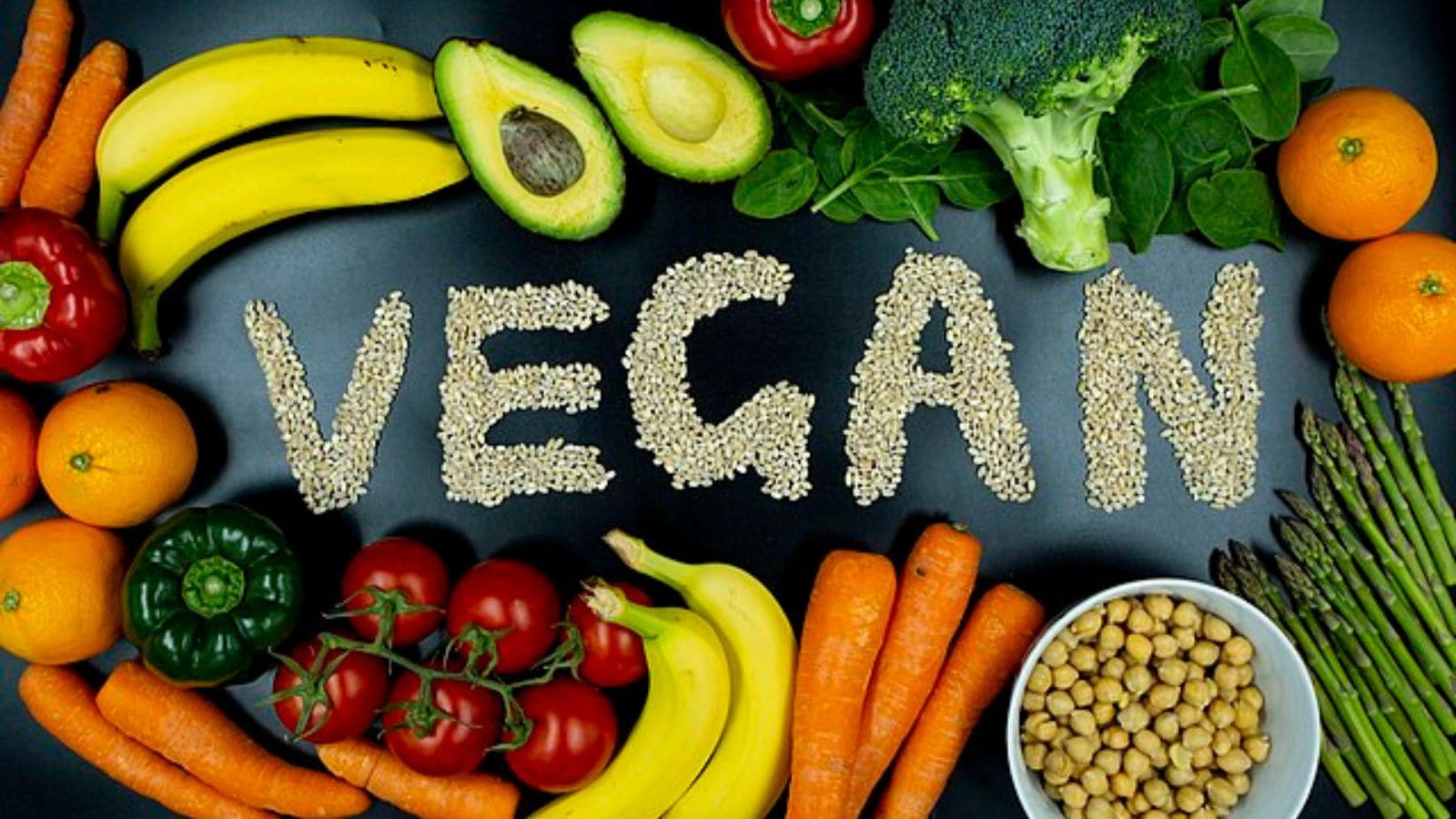📣 For more lifestyle news, click here to join our WhatsApp Channel and also follow us on Instagram
Arjun Kanungo went vegan for 6 months to deal with an ‘acute kidney injury’; can this diet help improve kidney health?
The typical plant-based diet being high fibre improves gut health and intestinal motility and the antioxidants help reduce inflammation in the body.
 Kanungo took the 'No Abs No Music' challenge to keep himself motivated. (Source: @arjunkanungo/Instagram)
Kanungo took the 'No Abs No Music' challenge to keep himself motivated. (Source: @arjunkanungo/Instagram)Arjun Kanungo has been on a weight loss journey lately. The Bollywood singer took to social media to share how he lost 30 kgs in the last 18 months, that too while struggling with a freak accident resulting in hip fracture as well as an ‘acute kidney injury’. “I went vegan for 6 months,” he shared in a YouTube video where he sat down and explained how he undertook a “No Abs No Music” challenge to motivate and keep himself accountable.
View this post on Instagram
But, how can going vegan help you deal with kidney problems? Indianexpress.com spoke to experts to find out the benefits of this diet in this regard.
First of all, let’s clarify one thing, a vegan and a vegetarian diet are different from one another. A vegan/plant based diet excludes all animal products and byproducts including meat, eggs, fish, dairy, dairy products and honey. While vegetarians consume dairy, honey and sometimes eggs.
How can a plant based diet improve kidney health?
Nutritionist Namita Satheesh shared that a minimally processed plant-based diet tends to be much higher in fibre and antioxidants and has significant overall health benefits such as managing weight, lowering cholesterol, and lowering risk of diabetes.
“Many animal-based foods such as red meat, organic meat and some seafood are high in a compound called purines. Purines, when broken down in the body form a waste product called uric acid which is then filtered through the kidneys are excreted from our body. Excess consumption of foods containing purines can lead to higher levels of uric acid, which can be difficult for the kidneys to properly process and thus can cause kidney stones and gout,” explained Satheesh.
Naturally, most plant based foods are low in purine. The typical plant based diet being high fiber improves gut health and intestinal motility and the antioxidants help reduce inflammation in the body.
“A vegan diet may help manage kidney problems and high creatinine levels by emphasizing plant-based foods, which are naturally lower in protein and phosphorus compared to animal products. This can reduce the workload on the kidneys, potentially slowing disease progression,” said C.V. Aishwarya, Lecturer and Clinical Nutritionist at Sri Ramachandra Institute of Higher Education and Research (DU), Chennai, Porur.
Plant-based proteins (like beans, lentils, and tofu) produce fewer waste products, which may help lower creatinine levels. She also added that a vegan diet is rich in antioxidants and fiber, which helps support blood pressure and blood sugar control- some key factors in kidney health.
 Most plant based foods are low in purine. (Wikimedia Commons photo)
Most plant based foods are low in purine. (Wikimedia Commons photo)
But are there any health risks with going vegan suddenly?
Satheesh said that there are absolutely no known health risks with switching to a plant-based diet overnight. She suggested watching out for certain deficiencies such as vitamin b12 and vitamin d3. However, these are equally prevalent among vegetarians and non vegetarians as well due to our current lifestyle.
“In case you are looking for some vegan protein sources, add tofu, tempeh, soy chunks, seitan, beans, lentils, pulses, plant-based protein powders, hemp seeds, and chia seeds to your diet as they offer good amounts of protein,” she advised.
DISCLAIMER: This article is based on information from the public domain and/or the experts we spoke to. Always consult your health practitioner before starting any routine.
📣 For more lifestyle news, click here to join our WhatsApp Channel and also follow us on Instagram
- 01
- 02
- 03
- 04
- 05



























